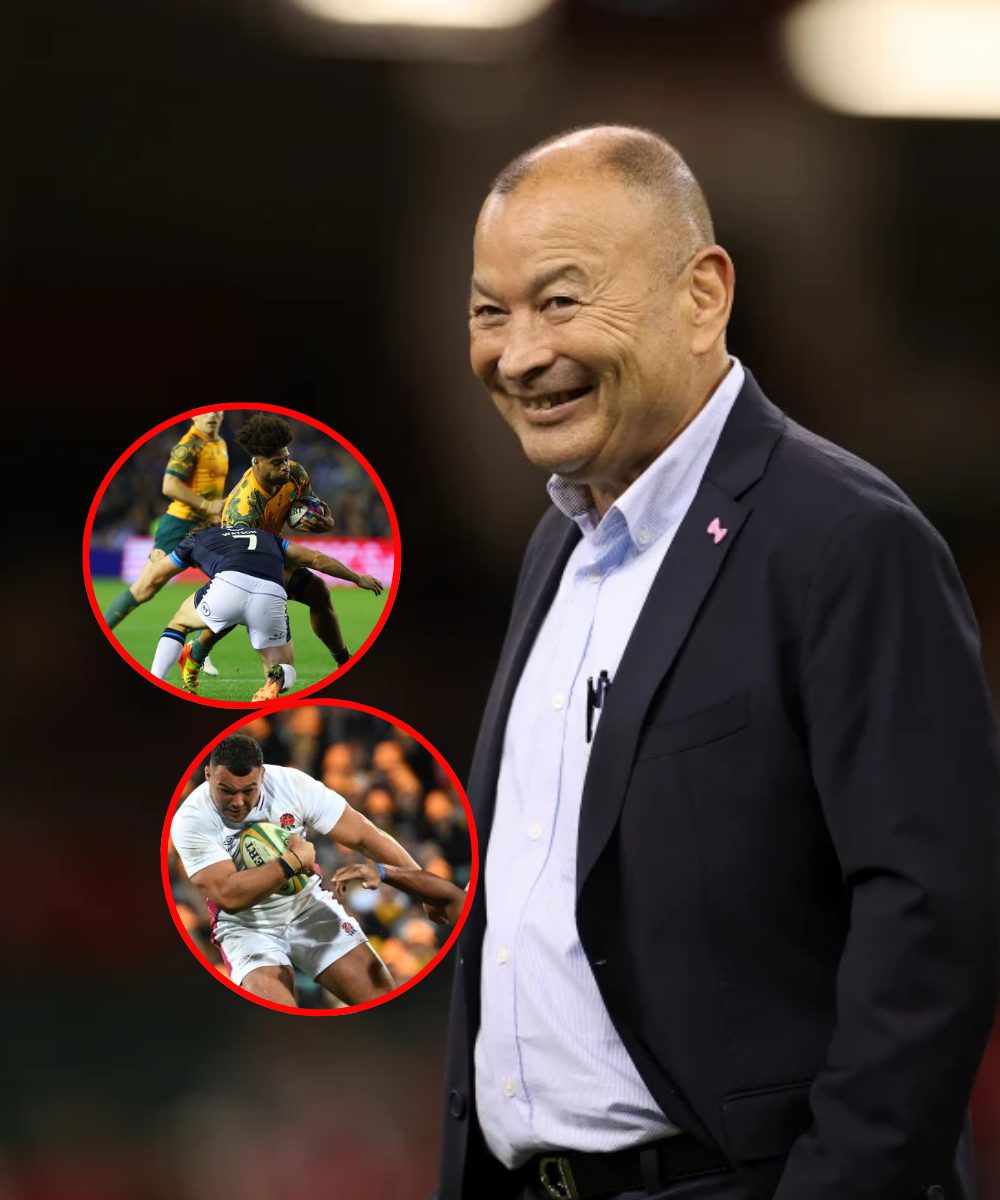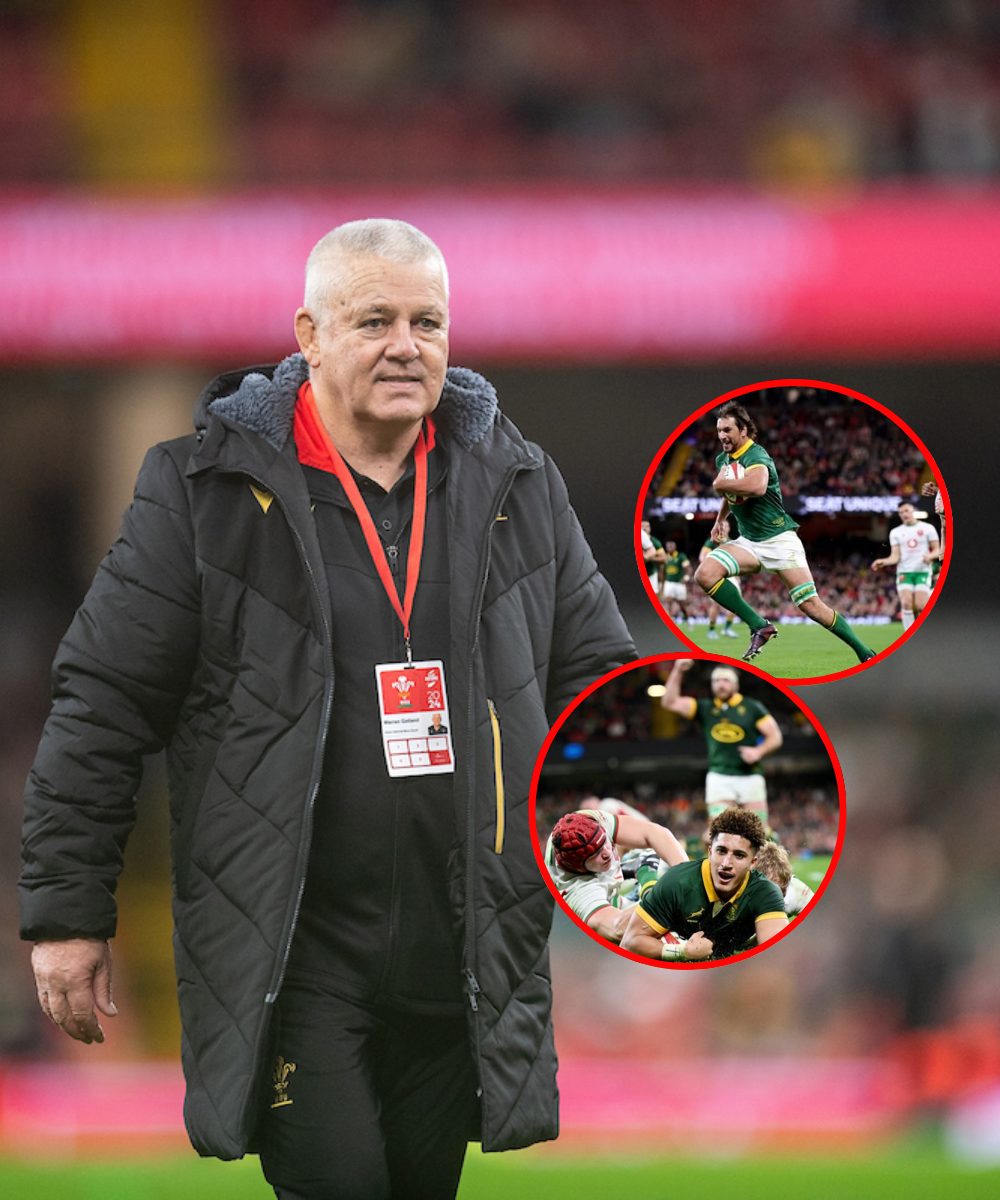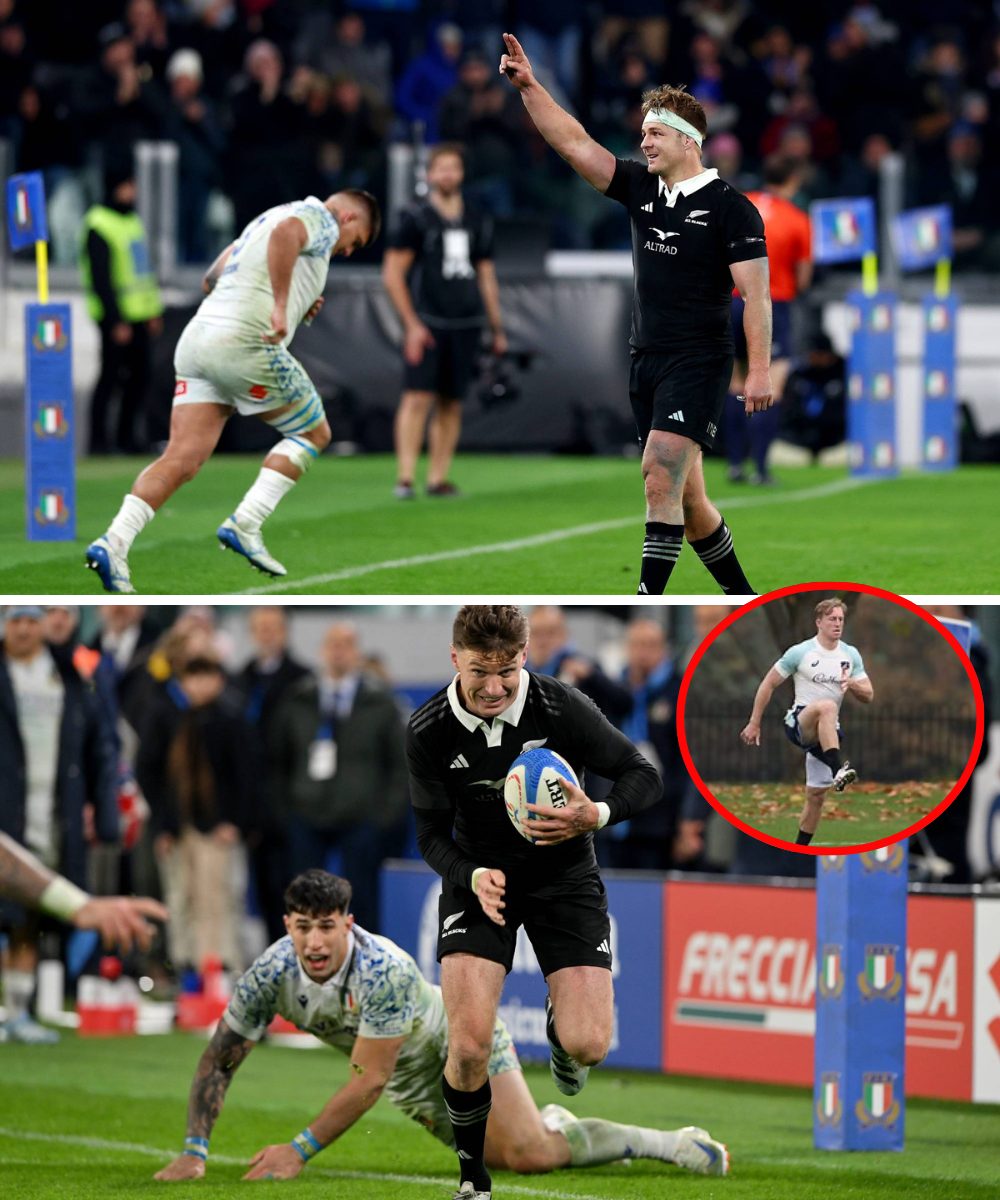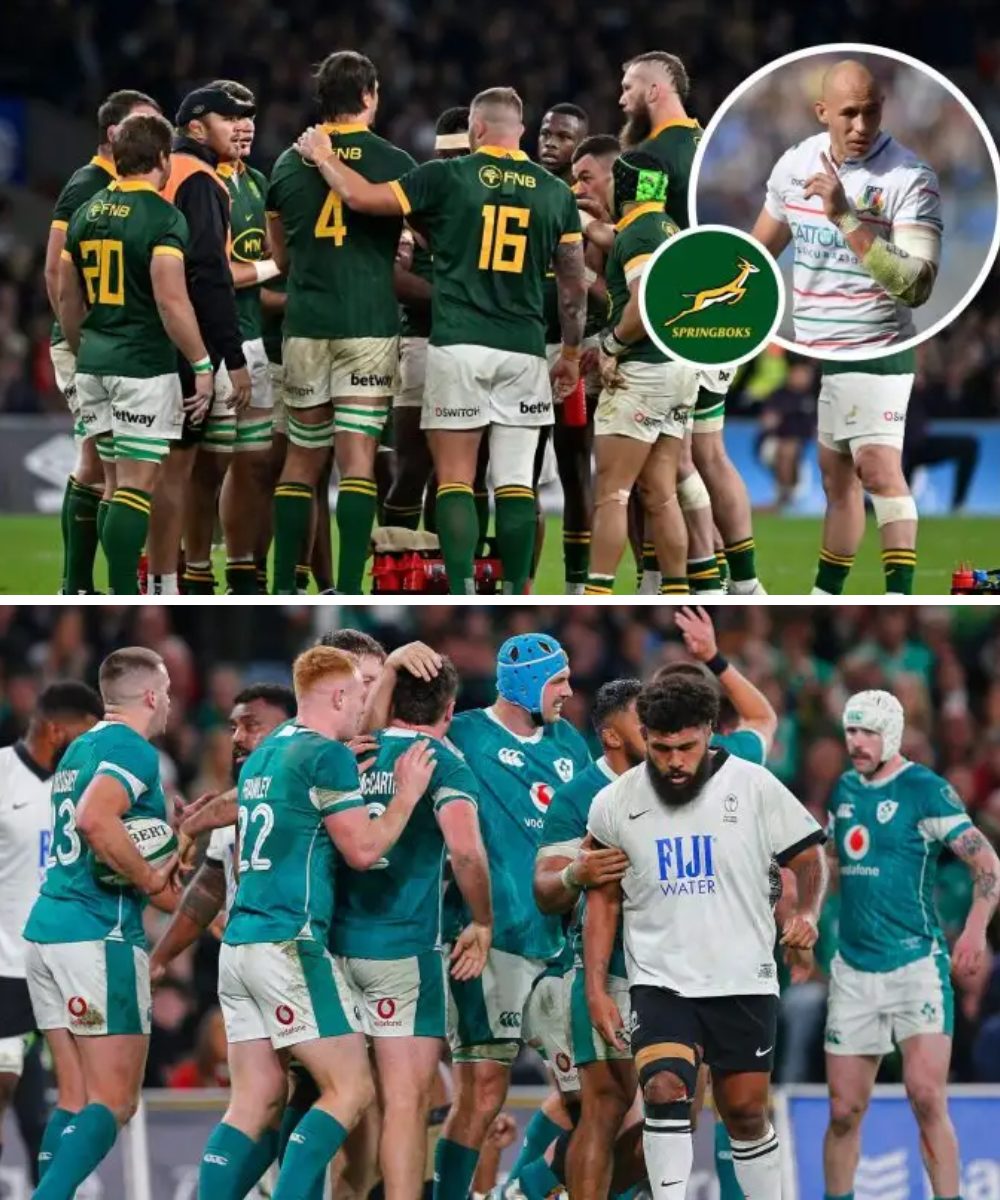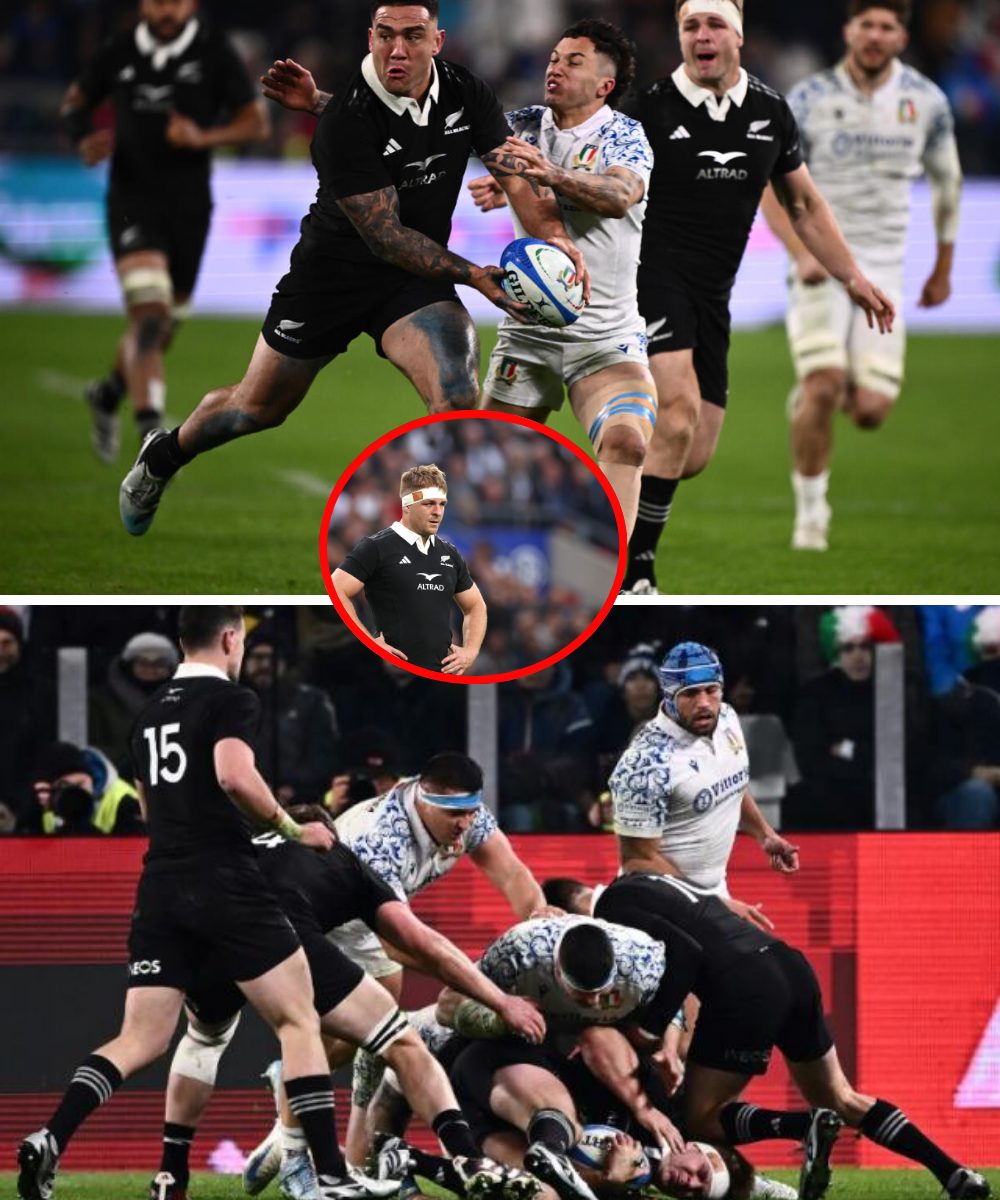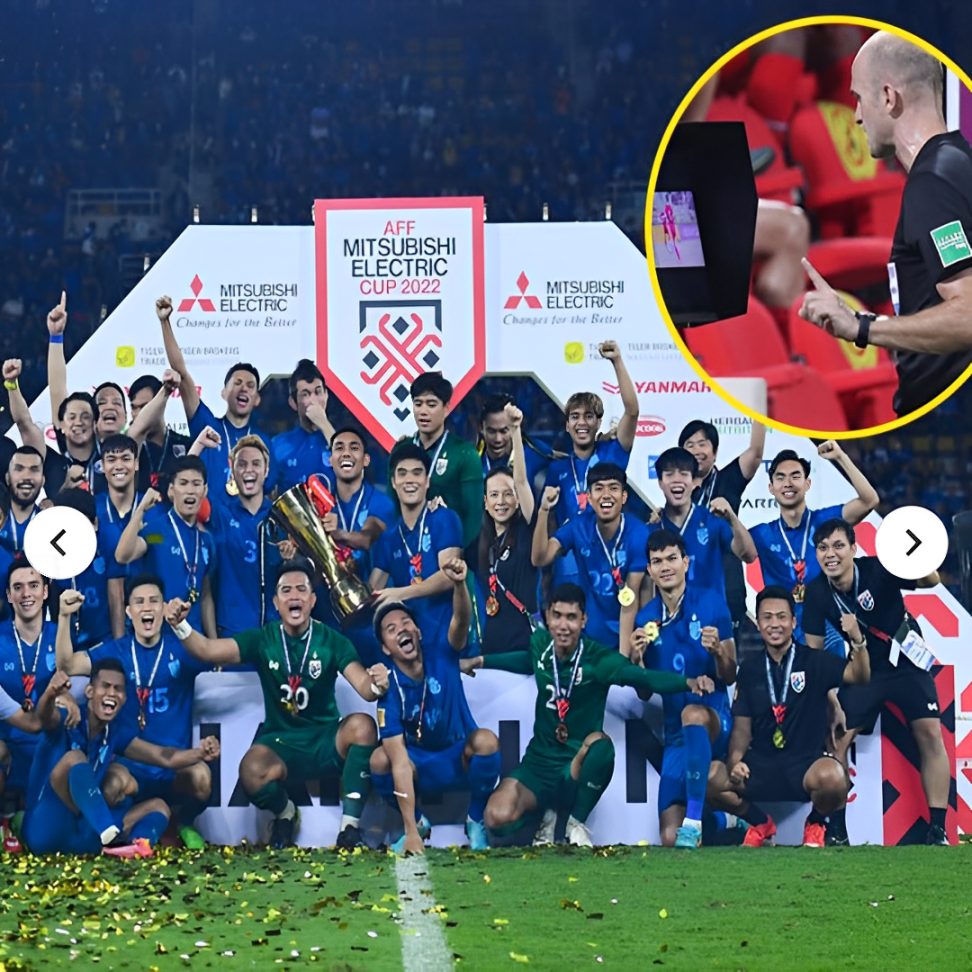MLB player Shohei Ohtani recently signed a 10-year, $700 million deal with the Los Angeles Dodgers, making it the most lucrative contract in sports history.
He beat out the previous MLB record holder Mike Trout, who signed a $430 million, 12-year contract in 2019.

“Players are going to continue to get higher and higher contracts as the revenue that teams can generate through these players rise,” said Victor Matheson, a professor at College of the Holy Cross and an expert on sports economics.
That high payout is a testament to Ohtani, who has been dubbed a once-in-a-generation talent for his s𝓀𝒾𝓁𝓁 as both a pitcher and hitter. It’s also a testament to the MLB’s absence of a salary cap.
However, Ohtani won’t get that money all at once. A report from The Athletic out this week revealed that the baseball player will defer $68 million of his $70 million annual salary throughout those 10 years.
This means that he will be getting $2 million a year to play for the Dodgers, or $20 million, from 2024 to 2033. He will then get his deferred money, without interest, from 2034 to 2043.
“The unusual structure is intended to provide the Dodgers additional cash flow and payroll flexibility,” reported The Athletic.
Details of the contract continue to trickle out since the deal was first announced. The Associated Press reported on Wednesday that Ohtani will be able to opt out of his contract if two key Dodgers executives lose their current roles.
The MLB does not have a strict salary cap, although teams have to pay a Competitive Balance Tax, commonly referred to as a luxury tax, if they spend above a certain payroll threshold, explained Davin Raiha, an associate teaching professor of economics at the University of Notre Dame.
The threshold in 2023 stood at $233 million and will rise to $237 million in 2024. If teams spend above the threshold for consecutive years, the percentage they pay on taxes will increase. In the first year, it’s a 20% tax on overages, which increases to 30% in the second consecutive year and 50% in the third consecutive year.
Salary caps vary across the major sports leagues. The NFL has a hard cap of almost $225 million for this season while the NHL has a hard cap of about $84 million.
The NBA also has a salary cap, which reached more than $136 million for the season, but they can re-sign their own free agents at a salary above the cap if they meet certain requirements.
Matheson noted most sports leagues also have salary floors, meaning they have to spend a minimum amount of money on players.
Why would you want to defer your salary?
As The Athletic reported, Ohtani’s salary deferral will help the Dodgers with payroll flexibility.
The Athletic said the value of Ohtani’s contract for Competitive Balance Tax purposes actually stands at $460 million over 10 years or an average of $46 million per year using a net-present-value calculation, which converts future dollars to their present value. His deferred money is being discounted at a rate of 4.43%, the October 2023 federal mid-term rate, according to the Associated Press.
In other words, his contract is lower than the reported $700 million value because the Dodgers will actually be able to invest a smaller chunk of money, at this rate of return, to cover his future payouts.
Even though his contract is worth much less than the $700 million reported figure, experts point out that he’s still making millions from endorsements.
Raiha with the University of Notre Dame said that Ohtani, not just the Dodgers, may benefit from this deferral — the club will have more money to build a competitive team because he can’t win ball games by himself.
And other experts like Matheson pointed out that Ohtani may be able to move to a lower-tax jurisdiction once he starts earning more. But what are the legalities surrounding a potential move?
Andrew Appleby, an associate professor at Stetson University College of Law, has been looking into this question.
He explained that a 1996 federal law protects retirees from being taxed in states they used to live in where they may have earned deferred compensation.
“Let’s say you work in California and you earned retirement income, a pension, or something like that, and then you move to Florida where there’s no personal income tax. Pre-1996, California could have and did impose tax on your pension payments, because they were derived from your service that you performed in California. In 1996, this federal preemption law changed that,” Appleby said.
Now, under 4 U.S.Code 114, only your current state of residence can impose tax on your retirement income, Appleby said.
But this income needs to satisfy certain requirements. Appleby said it needs to come in “substantially equal periodic payments” and needs to be paid out “for a period of not less than 10 years.”
From what we know of Ohtani’s deal, Appleby said the terms seem to satisfy this federal provision’s requirements.
But Appleby pointed out that a lot of money is at stake here. California has the highest state income tax, with a rate of 13.3% on incomes of more than $1 million, which means they’re losing out on those taxes if Ohtani moves.
Appleby said state authorities have certain tools at their disposal to ensure they’re collecting taxes, such as the doctrine of constructive receipt, which means you could be subject to taxes even if you’re getting paid in the future.
“It would be a tool in which they would have to prove that he actually has the full benefit of that income now,” Appleby said. “If he does not have the contractual ability to accelerate those payments, and if all of that payment is put in escrow controlled entirely by the employer, the Dodgers, that’s a harder argument to make. But if he has the ability to opt out under certain circumstances and accelerate all of that income, then it looks more like he has the power to actually realize that income when he wants to, as opposed to it completely being locked away.”
And while the “plain language” of this 1996 federal legislation would allow Ohtani to not have to pay taxes, one could make the argument that its legislative intent wasn’t designed for situations like his, explained Appleby.
Some California lawmakers have also proposed implementing a wealth tax that would include an exit tax on those who leave the state.
“It would be unclear as to whether something like this would fall within a wealth tax, and then again, even if it did, whether it would be preempted by this federal provision,” Appleby said.
The question of fairness in sports
David DeBoskey, an accounting professor at San Diego State University, said this deferral may “open the floodgates” for more of these agreements to happen in the future.
“Kicking the can down the road is like running up your credit cards with the hope that you will generate far more returns in the future — but these deferrals are real debt to the club requiring significant cash reserves to repay these deferrals down the road,” DeBoskey said.
One concern DeBoskey has is that smaller clubs may use such strategies to try to compete with the big teams like the Dodgers and the Yankees, which would make them financially vulnerable.
The MLB deviates from other sports leagues by not having a salary cap. The aim of a salary cap is to promote the concept of “competitive balance,” or the idea that richer teams shouldn’t have a big advantage over other teams within the league, Matheson said.
Separate from the issue of fairness, owners are also just trying to limit how much they pay, Matheson said.
“They are trying to pad their bottom line,” he said.
Matheson said all the major sports leagues in the U.S. are unionized and typically have wanted no salary cap, creating a source of tension.
“The way that tension has been satisfied in the other leagues, and quite honestly I think it’s a better way to work things, is the teams have agreed to a salary cap, which would normally limit the amount that players earn. But in exchange for that, they have guaranteed that players get a certain percentage of the revenue,” Matheson said.
In the NFL, for example, players get at least 48% of revenue.
“You get a lot of competitive balance. You don’t see the same teams winning the Super Bowl year after year after year,” Matheson said.
Competitive balance in theory, at least. Matheson pointed out that not having salary caps doesn’t guarantee that teams in leagues like the MLB will win if they spend more.
For example, the Mets, Yankees and Padres missed the playoffs this year even though they’re the three largest-spending teams, according to the online publication The Ringer.
“Over the last two decades, it has proven to be harder to just buy a championship than some of these big market owners have thought. There are a lot of bad free agent decisions you can make,” Matheson said.
